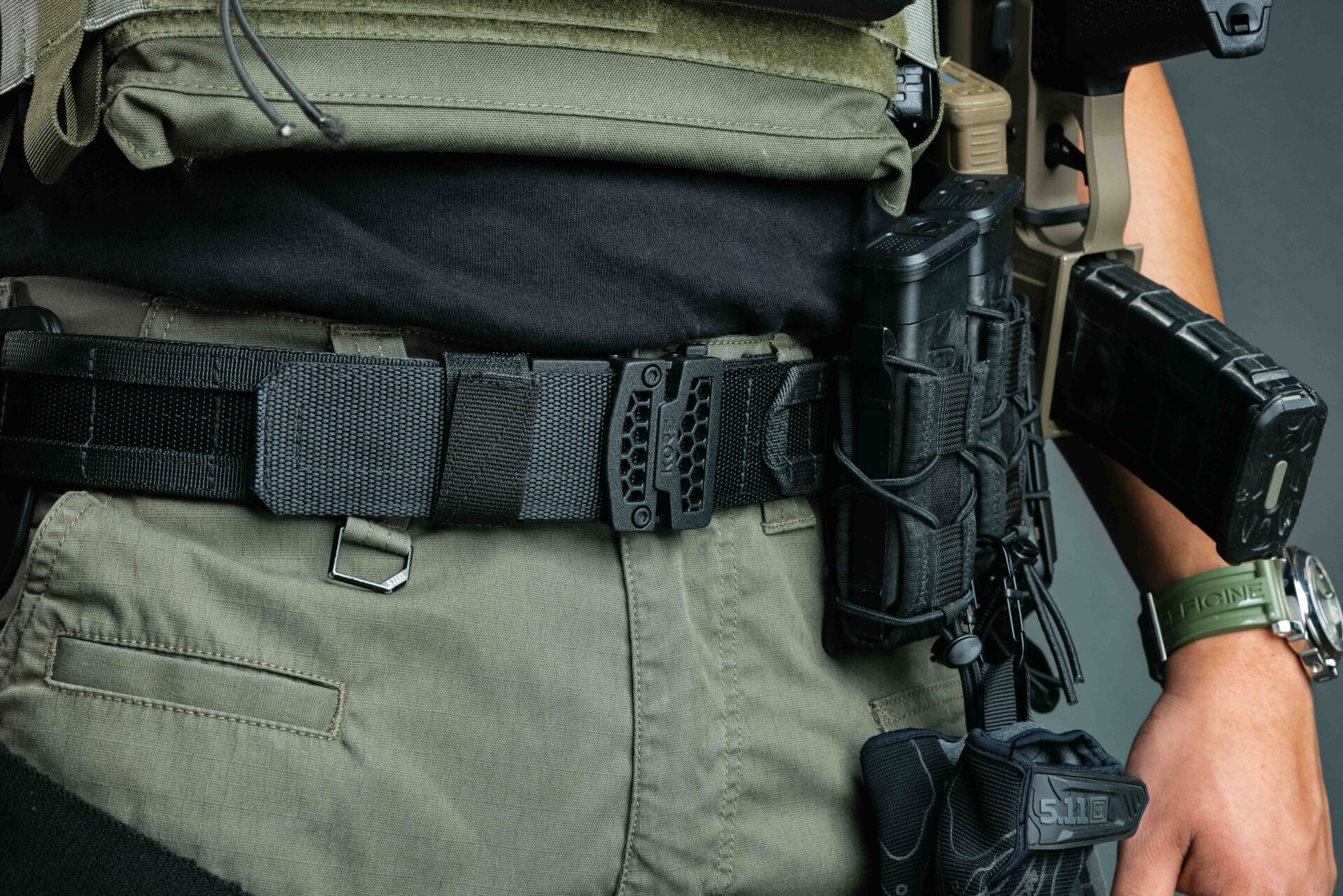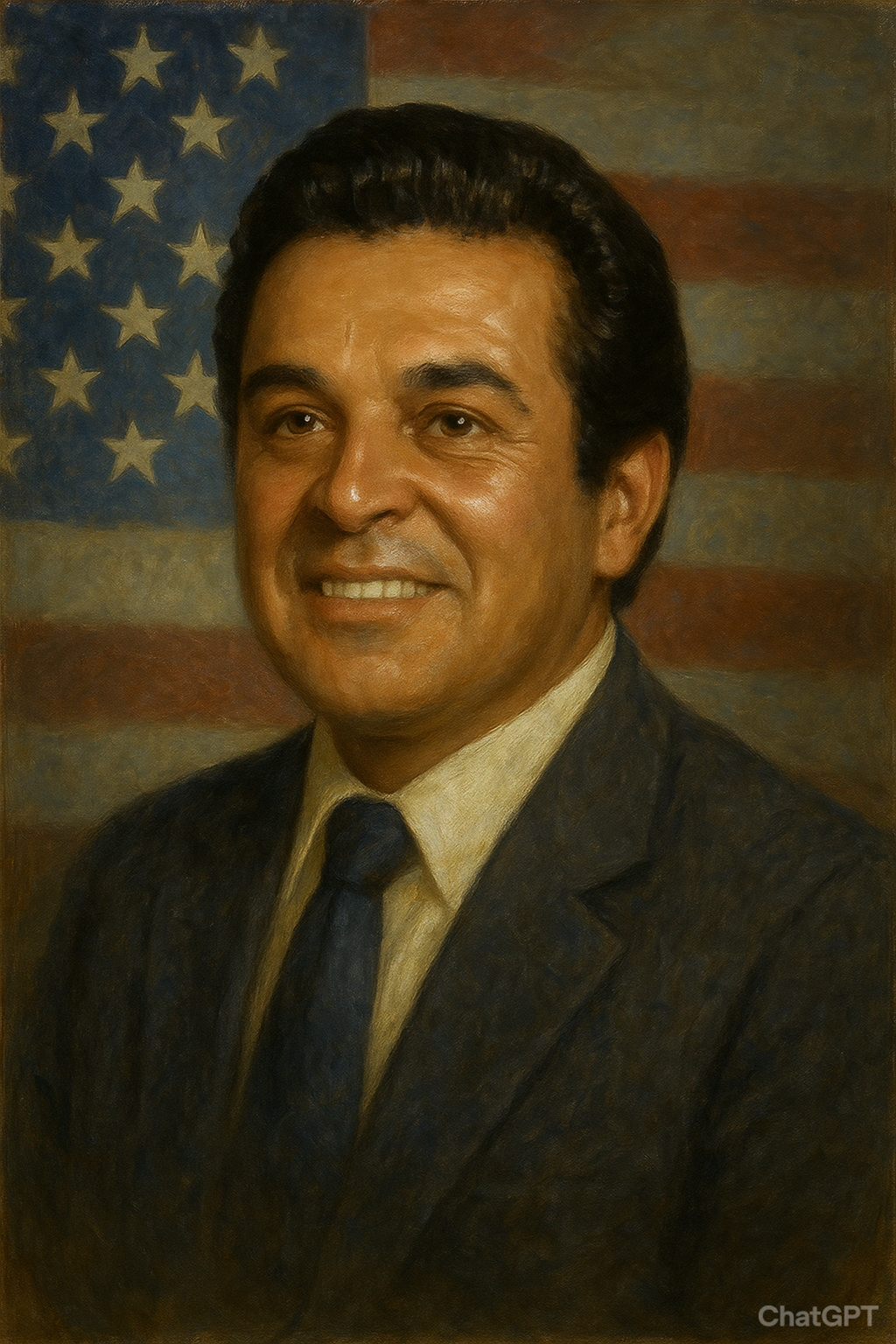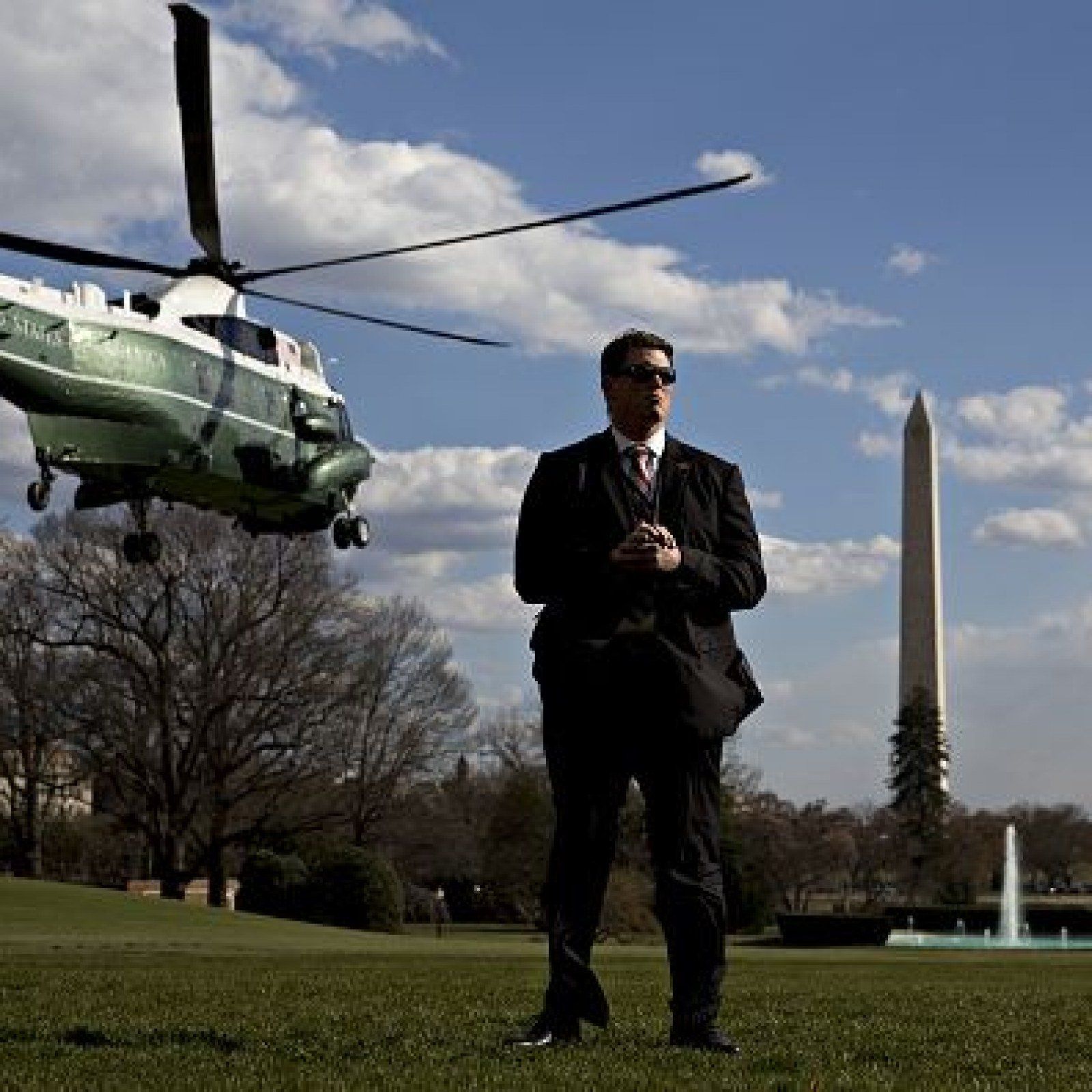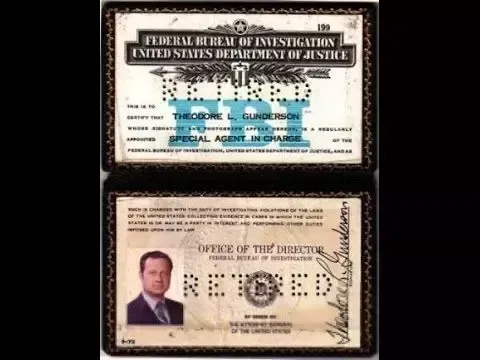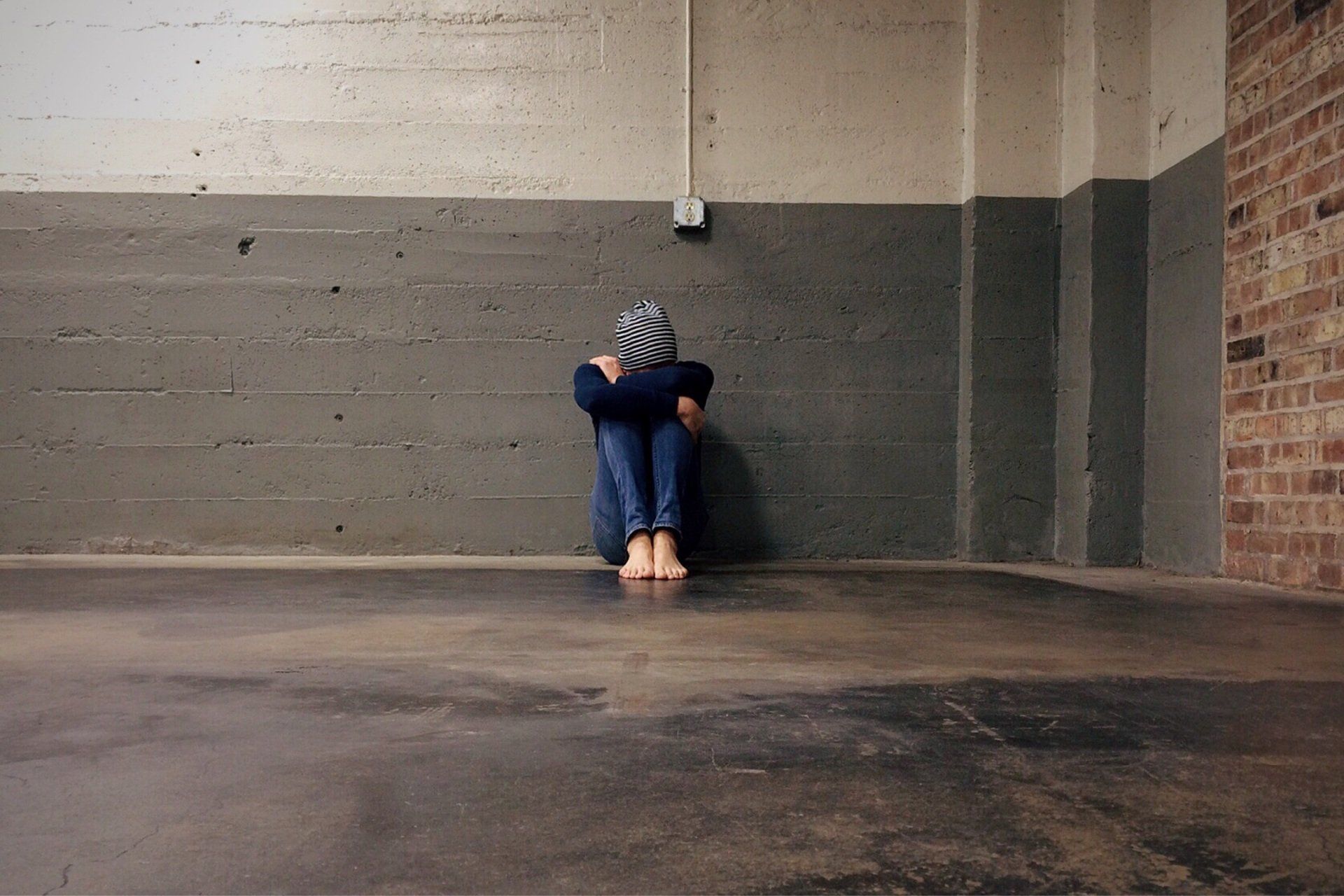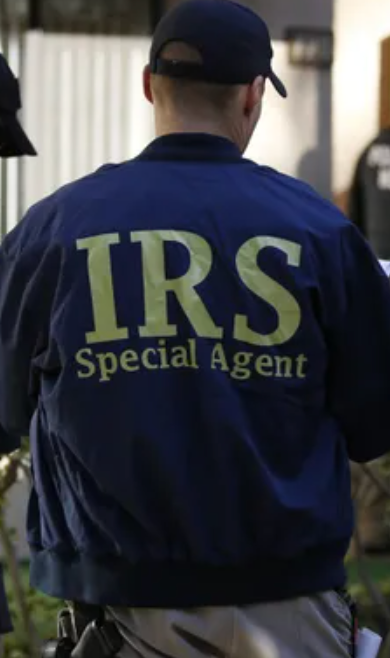A Well Equipped G-Ride
September 11, 2023
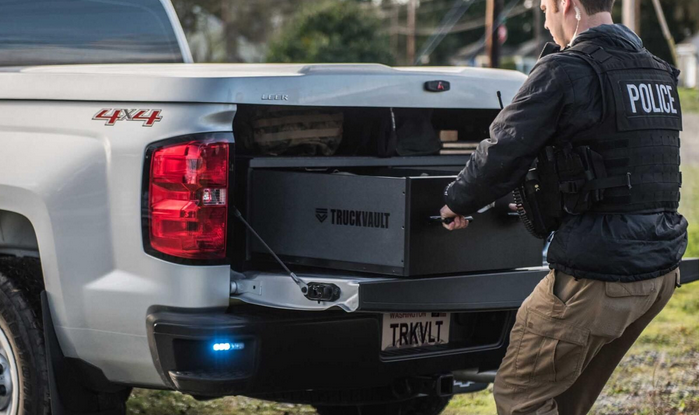
The "G-Ride"
Most 1811/Special Agent positions include take home cars, commonly referred to as a "g-ride," which is simply short for a "government" owned vehicle. These assigned vehicles are unmarked law enforcement vehicles with very low profile emergency light packages, sirens, PA system, and a government radio. Some will have additional equipment depending on the position (i.e. SWAT Team, Evidence Team) and it’s common to have a lock box for temporary equipment storage. An assigned take-home care is sometimes viewed as one of the perks of the job, as it saves money on gas for a daily commute, not to to mention avoiding the wear and tear on a personally owned vehicle. In reality the dedicated G-Car comes in exchange for 24-hour availability and response, early hour operations, investigative work, meeting court requirements and required training. A G-Car is indeed vital to the core operations of an 1811 agency and provides critical law enforcement capability, especially since Special Agents often cover multiple counties. For these reasons, it is crucially important to make sure that a G-Car is properly and minimally equipped for response to a variety of situations that Special Agents encounter on the job.
Like many jobs (especially government positions), Special Agents are usually given the minimum amount of equipment needed for the position. Like most people, I similarly hate spending personal funds on work equipment but, sometimes it is necessary for one's own safety and ability to do the job well. Safety is always a good first consideration, especially in the law enforcement profession. Having a good basic first aid kit along with a trauma kit is a must. Most Special Agents from major agencies will probably be issued a trauma kit for their duty rig upon completion of the academy. At the very least, Special Agents should also have a basic first aid kit in their G-Car, along with some extra tourniquets or a second spare trauma kit. Having some sort of vehicle extrication device near your front seat is also a good idea (i.e. window breakers). Many G-Rides already come equipped with a basic emergency kit but don't wait until you need it to find out what’s inside; meaning dig through the gear and organize it in a way that would make sense to you in an emergency.
Your available medical equipment will likely be the difference in the unlikely event of a critical incident (i.e., search warrant shooting). However, it will more than likely be used during a traffic accident. Due to the large number of miles that Criminal Investigators routinely traverse in their G-Rides, it is not uncommon for Special Agents to provide assistance during major traffic accidents they simply come upon. Proper medical kits in G-Rides have likely saved countless lives during these critical incidents, since average civilians are generally unprepared.
Depending on the size of your G-Ride it is generally a good idea to have additional equipment that might be needed. This will vary depending on the type of 1811 / Special Agent position that you currently occupy but here are some basic recommendations for success.
Basic Surveillance Equipment
- Binoculars (must have)
- Camera
- Front Window Shade
- Small notebook & Pens
- Simple disguises for ruses (i.e., orange vest)
- Change of clothes, deodorant, toiletries
Having a decent set of binoculars is always a good thing to have since surveillance is a routinely basic task for most Criminal Investigator positions. Having a high-quality camera is a luxury that every agent might not have but it can definitely come in handy (i.e. during undercover operations). Cellphones are indeed fairly good these days, however, it’s hard to beat the image quality of a real camera with a lense. A window shade can be critical in concealing your activities (remember, if you can see suspects, they can likely see you!) along with keeping a car cool if you can’t keep it running for some reason (i.e. too close to suspect activity). Having some sort of basic disguise like a vest that you can throw on can also help 1811's gather all sorts of information (if you’re not afraid to be creative) and provide a simple cover for action (hard hats are also a great idea). Having a change of clothes might not be required for everyone but if you work in a narcotics group or regularly track load vehicles coming across the border, it is definitely something to consider. These types of operations can regularly end up taking a long time and sometimes land far away from home (potentially requiring an unplanned overnight stay).
Tactical Equipment
- Vest (MANDATORY)
- Duty Belt (MANDATORY)
- Extra handcuffs
- Belly chain and leg irons
- Range bag, extra ammo, extra mags
- Tactical boots/shoes
- Extra Flashlight/batteries
- Extra issued firearm (rifle, shotgun)
- Radio charger/extra batteries
It should go without saying that the issued Bullet Resistant Vest and Duty Belt must be kept in the G-Car at all times for emergent situations. There are no exceptions to this basic requirement and anyone concerned with theft should immediately get a lockbox. Both the Vest and Duty belt should have all required equipment properly attached and setup in a "grab-and-go" configuration. Although it is recognized that Special Agents are not generally first responders, there will likely be a few situations in your career where being properly ready allows you to take action appropriately (i.e., conduct a high risk car stop during surveillance, support a last minute arrest warrant operation, substitute another agent on the Cover Team). Having these two basic items prepared will ensure an 1811 is ready for most likely and random scenarios (including active shooters).
It is generally a good idea to have a backup for most of the gear you carry on your person during an enforcement action. Inevitably, there will be times (usually during a pre-operational briefing) when you or a fellow agent notices missing equipment and right before a search warrant is not the time to be looking furiously for that missing handcuff. Having an easily accessible/organized backup stash is always a quick solution, especially since someone always seems to forget a flashlight or needs extra batteries. Additionally, keeping your rifle in the car during the day can also be a good idea, especially if you work in an active group that routinely encounters last minute operations (i.e. gangs task force). Of course, keeping rifles in a G-Car requires proper storage lockers and must be allowed by agency policy. On a side note, extra portable radio batteries are always a smart move and Special Agents should always upload the updated encryption keys prior to an operation.
Special Agents that participate in operations on a regular basis or know they are going to assigned to transport, should have their own set of belly chains and leg irons. This might seem like overkill to the casual observer but unmarked law enforcement vehicles do not have cages that separate the arrestee from the Special Agent, which is a huge point of vulnerability. Not only are belly chains and leg irons more secure, they are also much more comfortable for the person being arrested (especially during those often long rides to federal facilities). The belly chain allows for Special Agents to handcuff the subject in the front so that their hands are not jammed behind their back (which can be incredibly uncomfortable). Depending on the reason for transport, this is also a good opportunity to start building rapport. It is generally good practice to make arrestees comfortable, offer them water, and conduct professional/courteous interactions; while simultaneously having a recording device readily available in case they decide to start making unsolicited and incriminating statements (Miranda only applies if you ask the questions).
Search Warrant Equipment
- Basic evidence kit
- DNA buccal swab kit
- Vehicle power inverter, extension cord
- Basic tool kit: Hammer, nails, flat pry bar...
- Recording device
- Shield, ram / breaching tools
- Hand sanitizer and disinfectant spray
At some point in their career, virtually every Special Agent will participate in a search warrant. Some agencies much more than others, but this is a regular investigative action for most criminal investigators. Always having a G-Car stocked and ready to go will save 1811's a great deal of preparation time the night before a search warrant. Keeping an individually assigned evidence kit is nice for obvious reasons and even if it isn’t your warrant, it is not uncommon for the case agent to forget to bring a box of rubber gloves or extra bags. You can usually build your own evidence kit with items from your office supply closet and evidence room; and an old roller travel bag can easily be repurposed as an evidence kit. Having a couple of buccal swab kits in your car never hurts for an unexpected arrest or when someone just forgets to bring one. A vehicle power inverter can be a huge help and is definitely needed if you do any sort of on-scene computer forensic work. A basic tool kit can help with breaking into a safe or with minimal repairs to a door after breaching. It is required for law enforcement to secure an unoccupied home at the end of enforcement activity (Meaning: If no one’s home, you can’t just break the door and leave it open.). Having a hammer and a couple of nails can be the quick fix needed to secure the front door.
Most offices or investigative groups will usually share breaching tools and a shield. However, if they have enough funding or an agent wants to spend their own money, it’s always nice to have a personal set readily available. Obviously, this depends on the size of an assigned G-Ride, since bulky equipment requires more trunk space. Finally, after handling random people and searching through their homes, make sure you have hand sanitizer readily available! Upon leaving some search warrant sites, you might even want to have some disinfectant spray or bug spray as many locations can be infected with all sorts of pests (which you do not want to inadvertently bring home).
Additional Suggestions
- Case of water bottles/Gatorade or two…
- Some sort of food/snacks
- Sunflower seeds (or dip)
- Small Notebook
When Special Agents are on the go and don’t have time to stop, it’s always nice to have extra water and snacks in the car. At a minimum, water bottles in the back seat and a couple of protein bars in the glove box will keep you going. Having a whole case of water bottles in the trunk additionally makes it easy to share because invariably someone won’t have their own water supply at a search warrant. Sunflower seeds make a great snack, last forever sitting in the car, and can also help keep you awake trying to get those darn seeds out of the shell. If you’re a dipper, then you probably don’t have to be reminded to have an extra can since it also helps keep you awake (disclaimer: I am not encouraging tobacco chew products!).
If you are prepping for a surveillance operation during the summer, then pick up a couple of large Gatorade bottles to go with the water. The electrolytes don’t hurt, and the wide mouth opening makes for a great urine bottle in an emergency. Having a sturdy plastic bottle with an accompanying solid screw top is a good idea for obvious reasons. This is not a glamorous suggestion but such scenarios are reality for certain types of operations.
Not everyone is going to need all the equipment in this article but at a minimum I always have the required gear to jump into a stack and conduct search warrant on short notice. Your agency policy might not require it, but having your vest and duty belt (or whatever you need to make entry) is always a must in my opinion. I treat these items like my gun and badge. If I’m on duty, then I have my prepped vest and duty belt with me locked in the vehicle safe. If you jump into another Special Agent's vehicle for transport or for a knock and talk, then at a minimum, take your prepped vest with you and throw it in their trunk, even if you don’t plan on using it. This is just good practice and ensures you can quickly go from a plainclothes agent with minimal equipment (likely only firearm and cuffs) to a decently equipped agent (vest carrier should have proper markings, extra magazines, flashlight, cuffs) that is now able to quickly deal with more complex situations.
Like everything in life there are always exceptions and depending on where you work/live it might not be a good idea to keep some sensitive items in your vehicle. Most offices have secure parking, but if you don’t live in the best area and your neighbors learn what you do, don’t be an easy target. Be extremely mindful of how you carry your equipment into the house. Don’t advertise what you do by carrying easily recognizable law enforcement gear to the front door every day. Unmarked law enforcement vehicles are routinely targeted by criminals for the gear!
G-Car Abuse
Unfortunately, one of the most common ways for Special Agents to get into serious trouble is by abusing their G-Cars. Although many local law enforcement agencies allow several provisions for personal use, the federal government's policies are generally much more rigid and severely penalize any deviation. Although, some agencies have limited exceptions for Special Agents assigned to austere or international locations, for the most part, personal use of a G-Car is simply not allowed and any uncovered violations will typically result in an automatic 30-day non-negotiable suspension.
Although it can be tempting to pick up children from school or a pet from the veterinarian on your way home, doing so can result in dire consequences to a Special Agent's career. Both of these aforementioned scenarios are common ways for new Special Agents to get into administrative trouble and should be avoided at all costs. Relatedly, using a G-Car at the end of a day to stop by for a happy hour or give a non-government employee a ride are similarly not permitted. Although all of these scenarios are heavily covered at the basic academy, I have seen good Special Agents routinely commit such bonehead moves and get into an incredible amount of administrative trouble (some have even been fired). As a rule of thumb, always* have a justifiable reason when using your assigned G-Car and simply plan ahead if you need to conduct personal errands (i.e. drive your personal car that day). Problem solved.
G-Car Maintenance
The G-Car is one of your most important work tools and keeping it in good shape is vital to an agents success and even personal safety. No administrative clerk cares more about your G-Car than you. For this reason, it is imperative that 1811s conduct all preventive maintenance on time, quickly fix any defects (i.e., broken siren) and ensure vital safety components are in excellent working order (i.e., tires). I have encountered more than one buffoonish Agent in my career who dismisses such advice on the account that it is the "government's" car and responsibility; not taking into account that it is in fact the Special Agent's life and success on the line. Over my career, my properly maintained car has given me a tactical advantage on several occasions (i.e., high risk surveillance, emergent response). All Special Agents should diligently take care of their assigned vehicles, if only for the fact it might be the only vehicle assigned to them for years!
Stay safe out there and remember that your future g-ride is a vital tool. It’s not “your” car, nor is it a reward. Take care of it and don’t abuse it!
